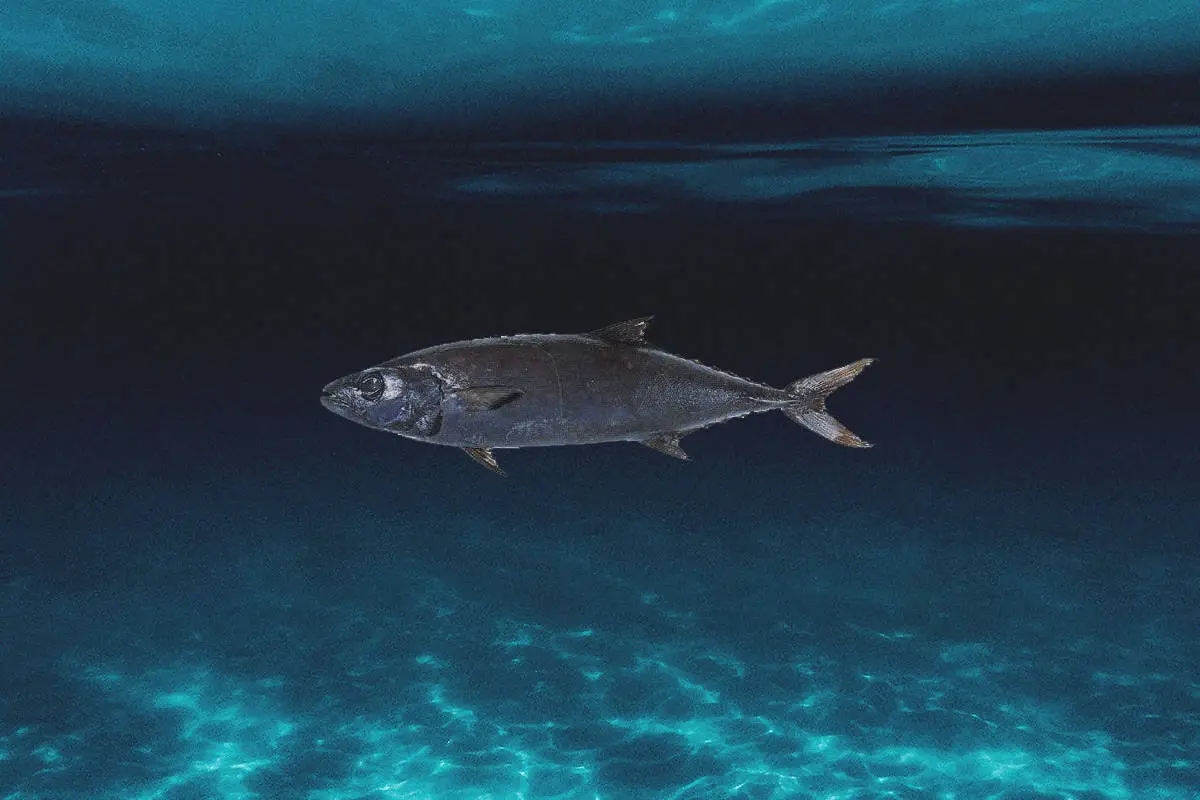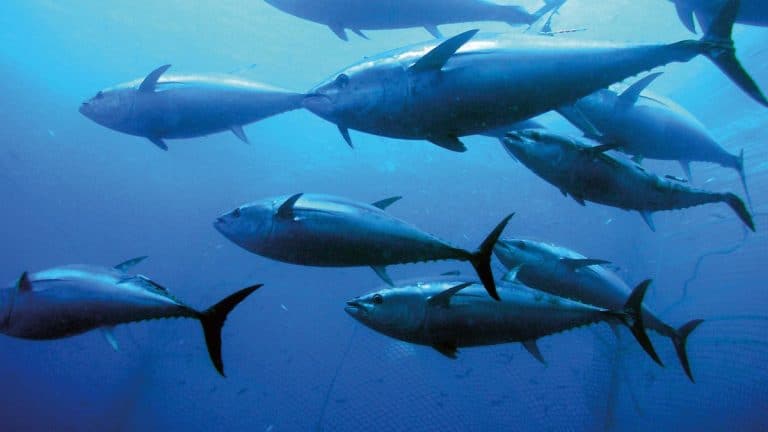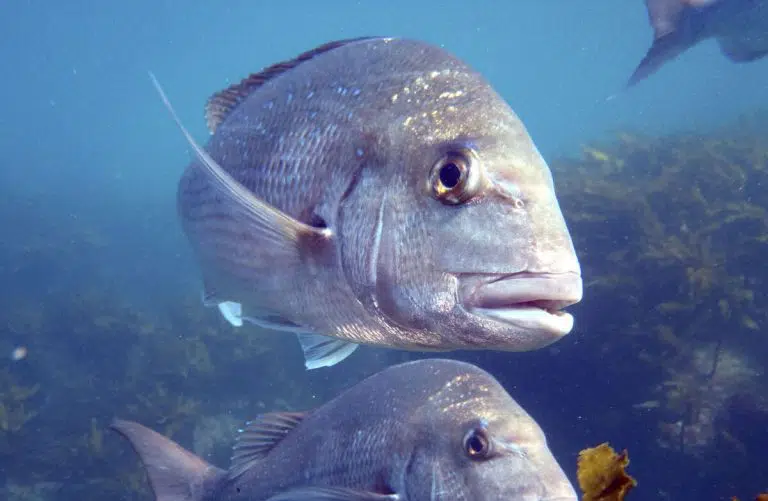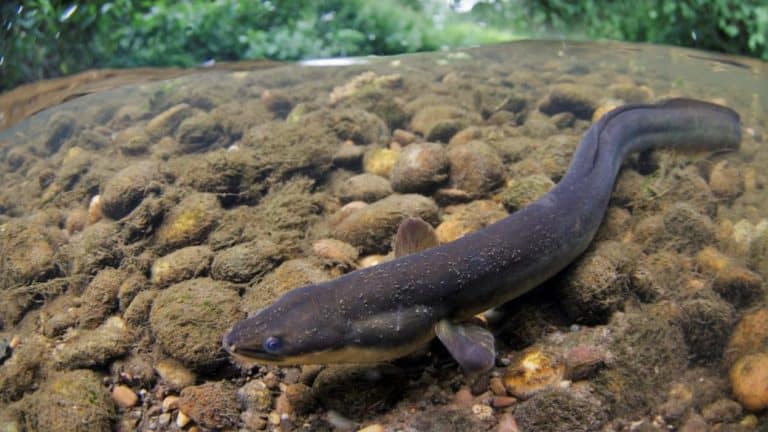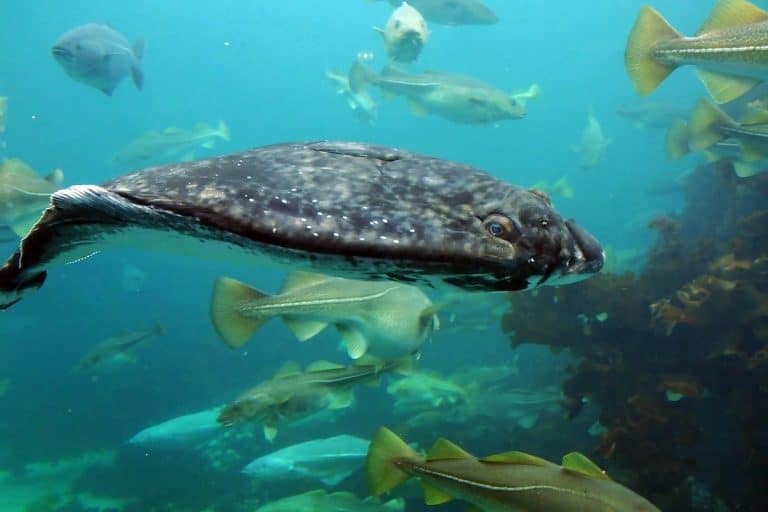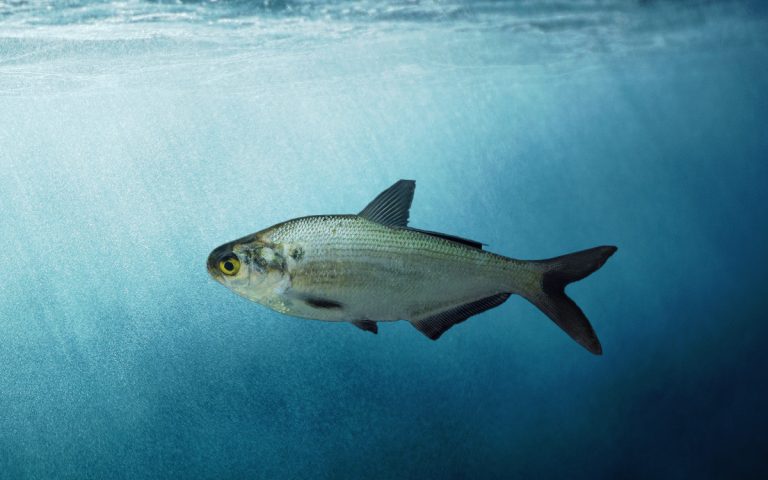Source: Wild
Mercury Risk: High
Call it escolar, butterfish, walu, super white tuna, aburasokomutsu, or whatever you’d like – by any name, this medium-sized ocean fish poses a confounding set of challenges and is problematic at best. In fact, the commercial sale of escolar is banned in Japan and Italy. There’s a good reason for that.
Why is Aburasokomutsu (Escolar) Problematic?
First off, escolar is a potential health risk. In addition to often being chock full of mercury, this fish has a peculiar physiology that is cause for concern. Escolar contains very high levels of indigestible fatty acids and fatty alcohols known as wax esters. This can cause some degree of gastrointestinal discomfort in a significant percentage of people who eat it. Symptoms range from a slight queasiness to an incapacitating full-on colonic rebellion.
In addition to stomach burbles and potentially embarrassing after-dinner interruptions, those who would eat escolar should be aware of the problems in the fisheries. Escolar is landed all over the globe, but only U.S. fisheries are known to have any sort of management protocols. Outside of the US, the longliners that bring in escolar kill countless sea turtles, sharks, seabirds, and other animals through their lax regulations and sloppy practices.
Escolar from the United States is a better option than the imported product. Progressive management in Hawaii and the Atlantic has reduced bycatch levels, but there is still no strong understanding of stock strength. Proceed with caution.
Escolar from international sources is a bad idea. Ordering this fish promotes irresponsible practices that decimate fish populations threaten endangered species, and support an opaque fishing regime. On top of it all, you’re quite likely to get sick. It’s best to pass on imported escolar.
Casson Trenor
Casson Trenor is a frequent commentator on sustainable seafood issues. He has been featured in regional, national, and international media outlets, including CNN, NPR, Forbes, New York Times, Boston Globe, Christian Science Monitor, San Francisco Chronicle, Los Angeles Times, Seattle Times.

